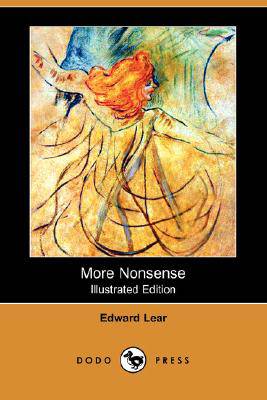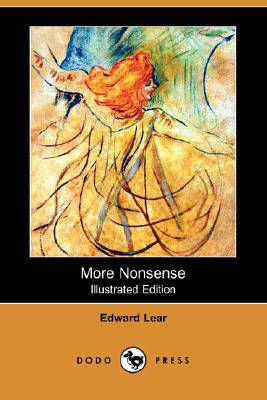
- Afhalen na 1 uur in een winkel met voorraad
- Gratis thuislevering in België vanaf € 30
- Ruim aanbod met 7 miljoen producten
- Afhalen na 1 uur in een winkel met voorraad
- Gratis thuislevering in België vanaf € 30
- Ruim aanbod met 7 miljoen producten
Zoeken
Omschrijving
Edward Lear (1812-1888) was an English artist, illustrator and writer known for his literary nonsense, in poetry and prose, and especially his limericks, a form which he popularised. At the age of 19 his first Illustrated work Family of Psittacidae; or, Parrots was published in 1830. His paintings were well received and he was favourably compared with Audubon. In 1846 Lear published A Book of Nonsense, a volume of limericks which went through three editions and helped popularise the form. In 1865 The History of the Seven Families of the Lake Pipple-Popple was published, and in 1867 his most famous piece of nonsense, The Owl and the Pussycat, which he wrote for the children of his patron Edward Stanley, 13th Earl of Derby. Many other works followed. His nonsense works are distinguished by a facility of verbal invention and a poet's delight in the sounds of words, both real and imaginary.
Specificaties
Betrokkenen
- Auteur(s):
- Uitgeverij:
Inhoud
- Aantal bladzijden:
- 80
- Taal:
- Engels
Eigenschappen
- Productcode (EAN):
- 9781406589238
- Verschijningsdatum:
- 22/02/2008
- Uitvoering:
- Paperback
- Formaat:
- Trade paperback (VS)
- Afmetingen:
- 152 mm x 229 mm
- Gewicht:
- 127 g

Alleen bij Standaard Boekhandel
+ 19 punten op je klantenkaart van Standaard Boekhandel
Beoordelingen
We publiceren alleen reviews die voldoen aan de voorwaarden voor reviews. Bekijk onze voorwaarden voor reviews.











